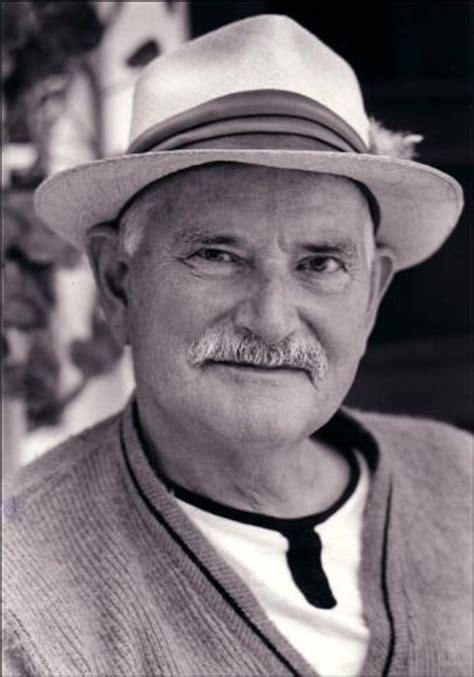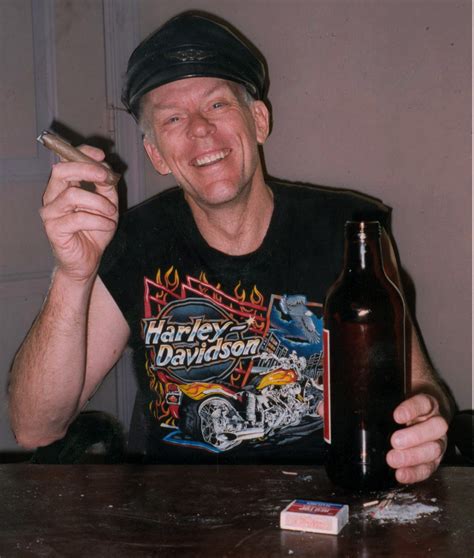A Quote by Henry Beston
When the Pleiades and the wind in the grass are no longer a part of the human spirit, a part of very flesh and bone, man becomes, as it were, a kind of cosmic outlaw, having neither the completeness nor integrity of the animal nor the birthright of a true humanity.
Related Quotes
We are now in the mountains and they are in us, kindling enthusiasm, making every nerve quiver, filling every pore and cell of us. Our flesh-and-bone tabernacle seems transparent as glass to the beauty about us, as if truly an inseparable part of it, thrilling with the air and trees, streams and rocks, in the waves of the sun,-a part of all nature, neither old nor young, sick nor well, but immortal.?
And for a disciple thus freed, in whose heart dwells peace, there is nothing to be added to what has been done, and naught more remains for him to do. Just as a rock of one solid mass remains unshaken by the wind, even so, neither forms, nor sounds, nor odors, nor tastes, nor contacts of any kind, neither the desired, nor the undesired, can cause such an one to waver. Steadfast is his mind, gained is deliverance.
At the still point of the turning world. Neither flesh nor fleshless; Neither from nor towards; at the still point, there the dance is, But neither arrest nor movement. And do not all it fixity, Where past and future are gathered. Neither movement from nor towards, Neither ascent nor decline. Except for the point, the still point, There would be no dance, and there is only the dance.
Where there is Love and Wisdom, there is neither Fear nor Ignorance.
Where there is Patience and Humility, there is neither Anger nor Annoyance.
Where there is Poverty and Joy, there is neither Cupidity nor Avarice.
Where there is Peace and Contemplation, there is neither Care nor Restlessness.
Where there is the Fear of God to guard the dwelling, there no enemy can enter.
Where there is Mercy and Prudence, there is neither Excess nor Harshness.
In the neuter austerity of that terrain all phenomena were bequeathed a strange equality and no one thing nor spider nor stone nor blade of grass could put forth claim to precedence. The very clarity of these articles belied their familiarity, for the eye predicates the whole on some feature or part and here was nothing more luminous than another and nothing more enshadowed and in the optical democracy of such landscapes all preference is made whimsical and a man and a rock become endowed with unguessed kinship.
The US no longer does decisions. It can neither stop the drug traffic nor legalize it. It can neither win wars nor abandon them, neither make money nor stop spending it, neither stop immigration nor assimilate the immigrants. Washington can beat its thumb with a hammer, yes, and notice that it hurts, but it can't stop beating its thumb. That would take a decision, and Washington doesn't do decisions.
Had I no eyes but ears, my ears would love. That inward beauty and invisible; Or were I deaf, thy outward parts would move each part in me that were but sensible: Though neither eyes nor ears, to hear nor see, yet should I be in love by touching thee. 'Say, that the sense of feeling were bereft me, and that I could not see, nor hear, nor touch, and nothing but the very smell were left me, yet would my love to thee be still as much; for from the stillitory of thy face excelling comes breath perfum'd that breedeth love by smelling.





































